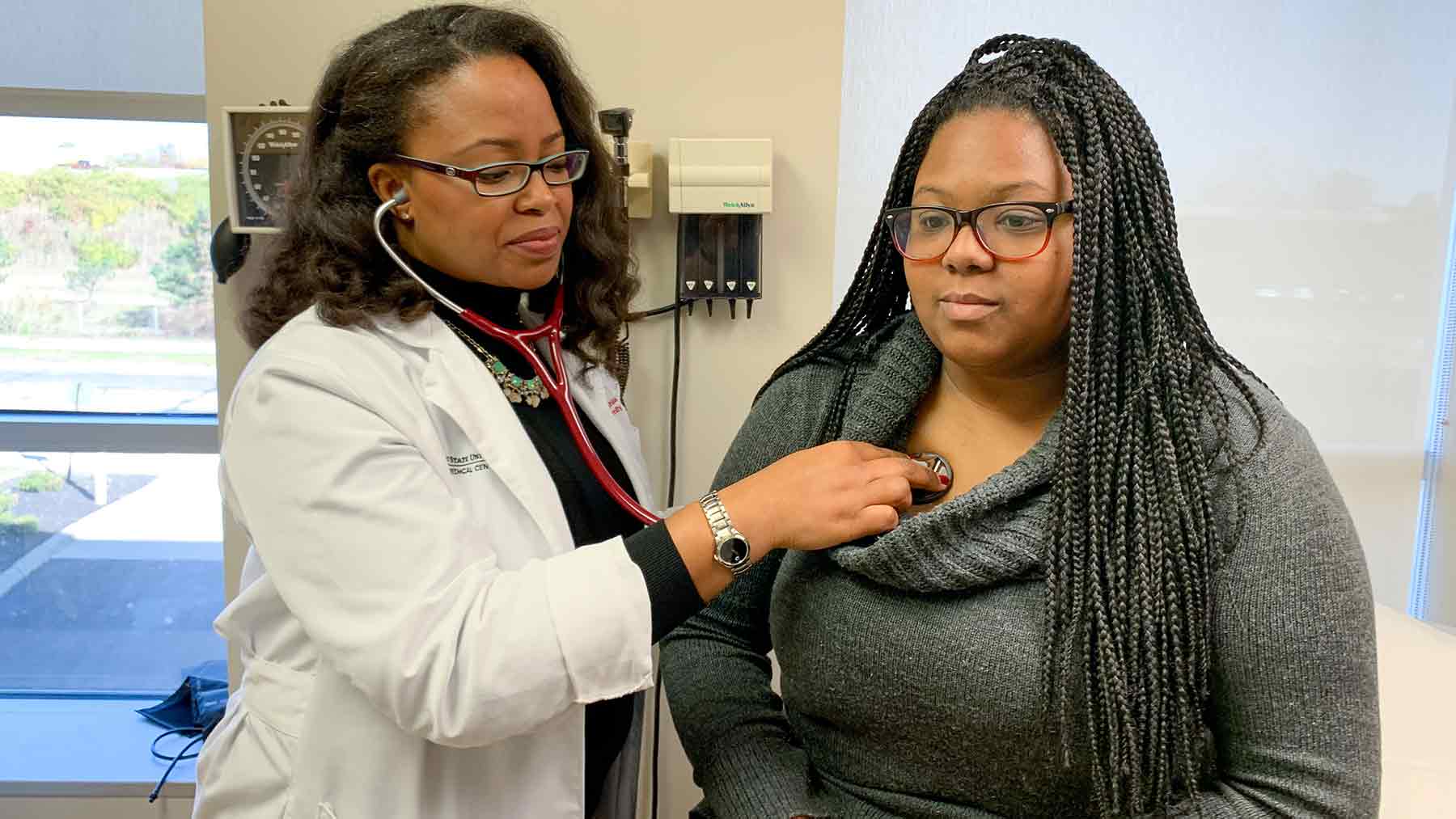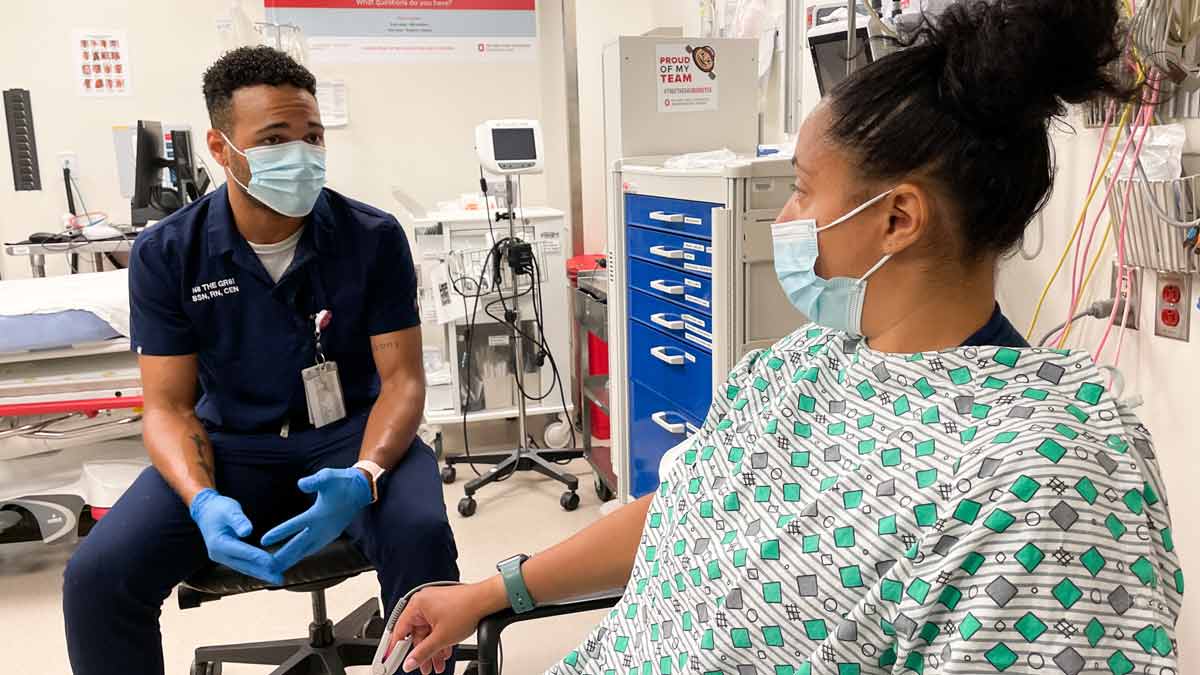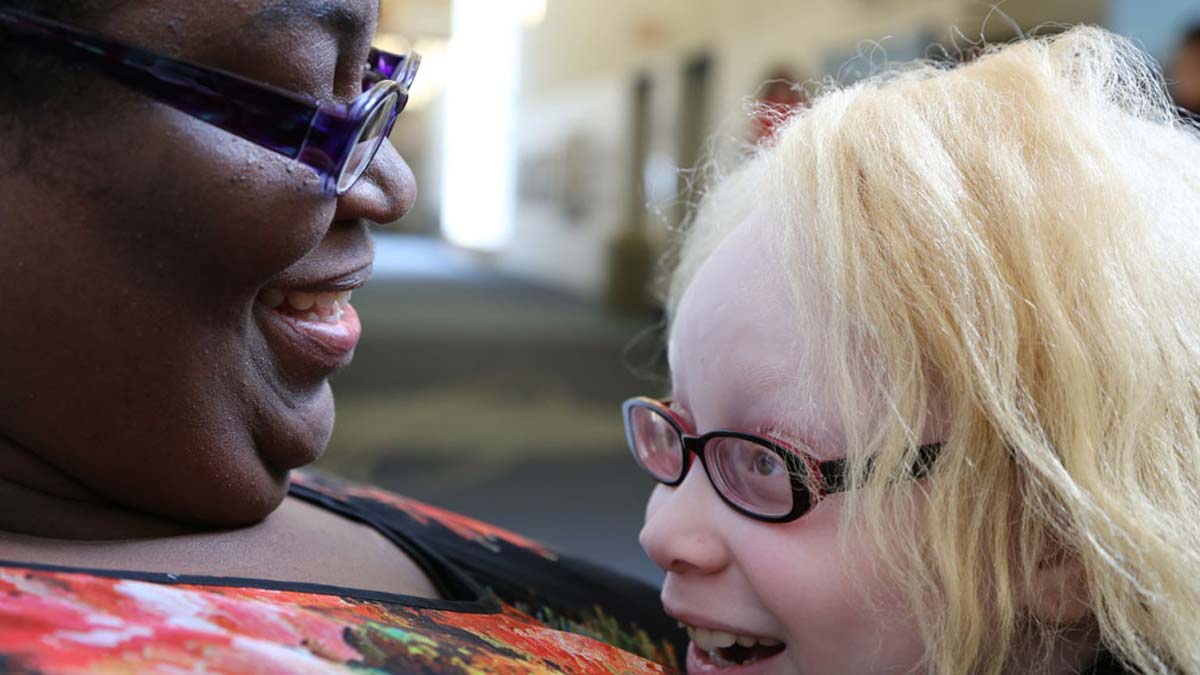Study: Doctors don’t realize societal hair care pressures prevent many African American women from working out
 African American women face a unique challenge to regular exercise – their hair. However, it’s a problem that is not often acknowledged by primary care doctors as a barrier to a healthy lifestyle. A new study by researchers at The Ohio State University Wexner Medical Center finds that, while doctors value conversations about exercise with their African American female patients, they rarely discuss how hair care affects physical activity.
African American women face a unique challenge to regular exercise – their hair. However, it’s a problem that is not often acknowledged by primary care doctors as a barrier to a healthy lifestyle. A new study by researchers at The Ohio State University Wexner Medical Center finds that, while doctors value conversations about exercise with their African American female patients, they rarely discuss how hair care affects physical activity.
“As physicians, if we don’t have those specific conversations, we’re not doing everything that we can to decrease this barrier and really help African American women overcome what they feel is holding them back from exercise,” says Dr. Sophia Tolliver, a family medicine physician at The Ohio State University Wexner Medical Center and lead author of the study.
The study found 95% of primary care doctors have had conversations about exercise with their African American female patients. However, more than 3/4 have never discussed hair care as a challenge and only about a third felt comfortable discussing it.
“It’s going to come down to increasing education about African American hair care, cultural practices when it comes to hair and ways to counsel a patient in an office visit about decreasing that barrier,” Tolliver says.
If these conversations don’t happen in the exam room, African American women can take charge of their health by finding ways to be active while preserving their hairstyles. Effective solutions may vary by hair texture, but Dr. Tolliver says you can begin by trying braids, twists or extensions and seeing how different styles react to sweat or moisture. You can also schedule more strenuous workouts on the day you plan to wash your hair.
“This study identifies a gap in cultural competency training among physicians who may not realize the underlying societal pressures African American women encounter as they aspire to a standard of beauty that may have been influenced in part by racism,” Dr. Tolliver says. “As physicians seek to educate women on the benefits of exercise to prevent chronic health conditions such as obesity, diabetes and heart disease, it’s important to counsel patients in a manner that respects how they define beauty.”
Watch the video below to learn more about this research.





